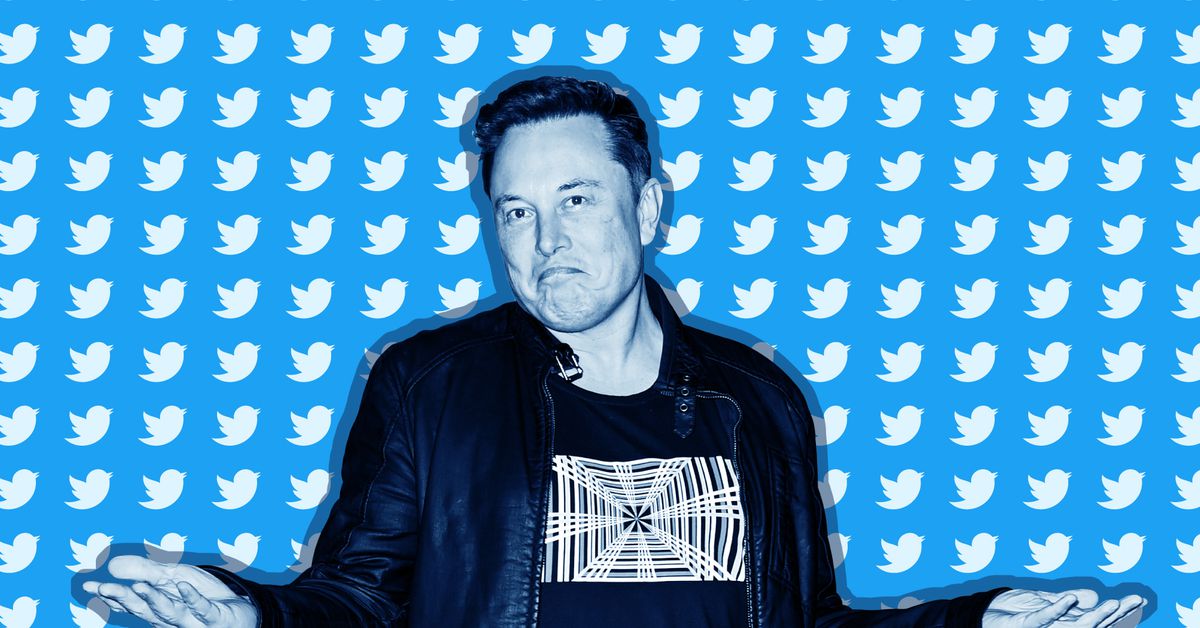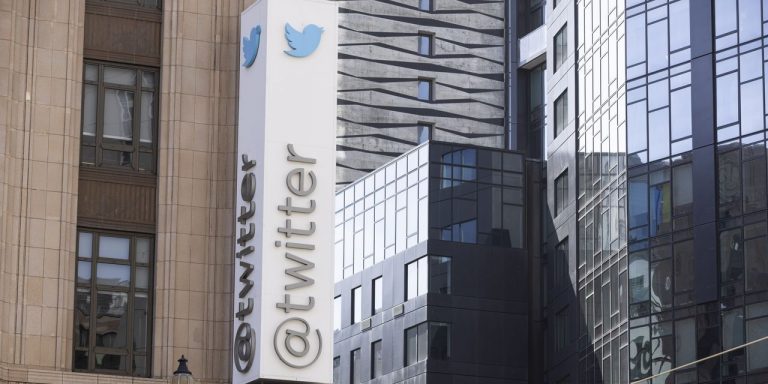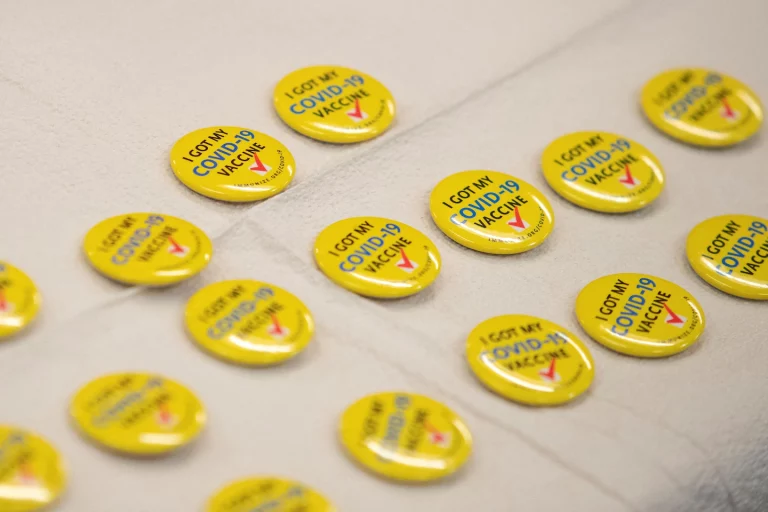Every Ridiculous Thing We Learned Today About Elon Musk’s Plan To Take Over Twitter
It’s the end of the first week since Twitter accepted Elon Musk’s $44 billion takeover offer, and one of the weirdest tech deals just keeps adding new twists. A detailed report of The Wall Street Journal peeled back a few layers on the process that began with Musk racking up Twitter shares in January and what that could mean when he finally completes the deal and becomes its owner. Taken with additional information from The edge editor Casey Newton in Platform and a new report from Reutersthe image begins to become clearer.
Reuters adds more detail to previous reports from Bloomberg and The Washington Post about the ideas Musk pitched to the bankers who will lend him some of the money he needs to buy Twitter. According to Reuters’ sources, he told Bankers that he plans to develop revenue-generating features, and one of his examples is “charging a fee when a third-party website wants to quote or embed a tweet from individuals or verified organisations”.
As the outlet notes, in some now-deleted tweets from earlier this month, Musk discussed reducing Twitter’s reliance on advertising to make money and offered changes to the Twitter Blue subscription, such as the prohibition of advertisements. Reuters Also reports that Musk has reportedly already named a new CEO to succeed Parag Agrawal and quotes a source saying he won’t make any decisions on job cuts until he takes ownership of the company.
That doesn’t amount to much that we now know about Elon’s plans once he takes over, but according to Casey Newton’s report in his Platform Twitter general meeting newsletter early Friday would be more than the company’s executives and board members knew before they voted to accept the takeover offer. Newton writes, “In fact, Agrawal said executives hadn’t even seen the company’s plans that Musk allegedly shared with bankers.”
But how did we get here, right? The Wall Street Journal has color to bring there, citing a “ghost team” backing Elon Musk’s bid for Twitter that included fellow former PayPal executive Peter Thiel (who bankrolled Ted Cruz’s first primary race for Senate ), right-wing blogger Charles C. Johnson (who once sued Twitter), and Seth Dillon, the CEO of The bee of Babylon, which the newspaper describes as a “right-wing satirical publication inspired by The Onion”. These links may explain things to anyone confused by a resurgence of right-wing activity on Twitter and statements from figures whose accounts have been banned from the platform, like Rep. Marjorie Taylor Greene or Donald Trump, on the possibility of returning.
However, much of the article focuses on close ties linking Elon Musk to Twitter co-founder and now former CEO Jack Dorsey, despite the latter’s eventual decision to ban Donald Trump from the platform and the Musk’s choice to represent himself in a single tweet with the line “I fart art.” the WSJ reports that Dorsey, who at the time was CEO of two companies, “seemed to space himself out in meetings at times” while messaging Musk.
*it’s also crazy and wrong that individuals or companies bear this responsibility. As I have said before, I do not believe that a permanent ban (with the exception of illegal activity) is right or should be possible. That’s why we need a protocol resistant to the above layers.
— jack⚡️ (@jack) April 29, 2022
After the article was published, Dorsey posted a thread of tweets despite the fact that he “recently tried to take a break from Twitter”. Dorsey said: “Every decision we made was ultimately my responsibility*. In cases where we got it wrong or went too far, we admitted it and worked to correct it.
This sudden impulse to take responsibility publicly included a tweet in response to a question on Twitter confusingly temporarily banning links to a New York Post story of President Joe Biden’s son, where he says now“when I found out we had taken this action, we reversed it almost immediately. We also should have reinstated the account without demanding the tweet be deleted.”
The take on responsibility also comes two days after would-be Twitter owner/Dorsey’s messaging pal responded to a tweet criticizing Twitter policy and chief legal officer Vijaya Gadde over the incident, calling the action a “grossly inappropriate,” and tweeted a meme alleging “corporate left wing bias” that featured his face on it. FinancialTimes correspondent Dave Lee pointed out that this was followed by a wave of hateful tweets targeting Gadde.
For Jack, the most important point seems to be that “I don’t believe that a permanent ban (with the exception of illegal activity) is right or should be possible”. For reasons that may be buried deep in a text message thread with Elon, Dorsey thinks this is the solution Twitter needs to quickly learn and improve in ways it never has before.
#Ridiculous #Learned #Today #Elon #Musks #Plan #Twitter







